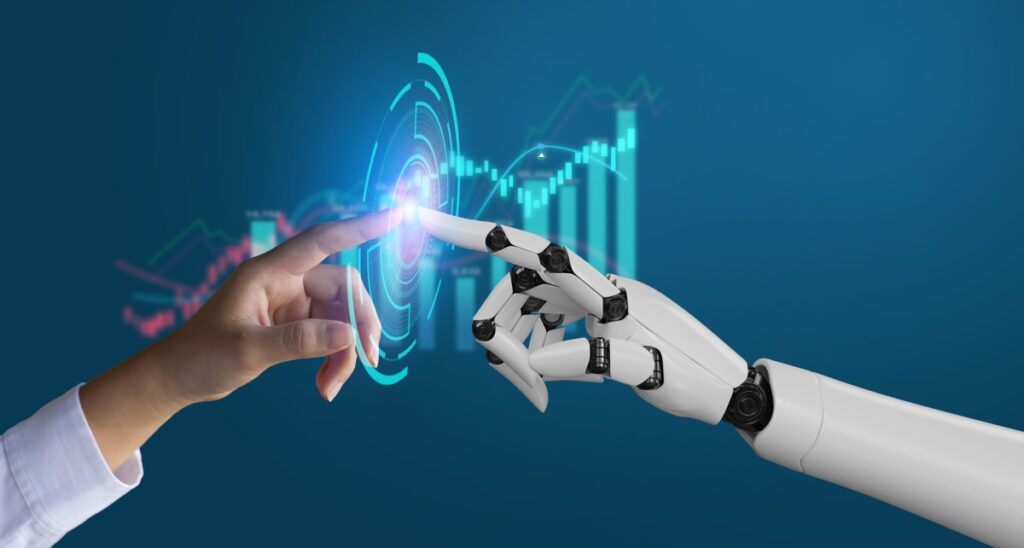Humanity’s Last Exam: A New Challenge for AI Systems
In an exciting development for the world of artificial intelligence, the Center for AI Safety (CAIS) has joined forces with Scale AI to unveil a groundbreaking benchmark known as Humanity’s Last Exam. This challenging new test aims to push the limits of frontier AI systems and evaluate their capabilities across various domains.
What is Humanity’s Last Exam?
Humanity’s Last Exam is no ordinary assessment. It features thousands of crowdsourced questions that span a wide range of subjects, including mathematics, humanities, and the natural sciences. Unlike traditional tests, the benchmark employs diverse question formats, including those that require diagrams and images. This multi-faceted approach not only makes the evaluation more rigorous but also seeks to reflect the complexities of human knowledge.
Preliminary Results: A Tough Challenge
In a recent preliminary study, the results were eye-opening—no major publicly available AI system scored above 10% on the Humanity’s Last Exam. This stark statistic highlights the significant gaps that remain in AI understanding, even among the most advanced models available today.
Imagine if an AI were tasked with calculating the trajectory of a rocket based on multiple variables, or analyzing a piece of literature for deeper themes; the results indicate that even flagship models struggle with such nuanced challenges.
Opening the Doors for Research
CAIS and Scale AI are not just stopping at releasing the benchmark. They plan to open it up to the broader research community, inviting experts to “dig deeper into the variations” and assess new AI models. This collaborative spirit will surely foster innovation and lead to more robust AI development.
Why This Matters
The release of Humanity’s Last Exam touches on an important point in the AI conversation: understanding the limits of current technologies. While AI can process massive amounts of data at lightning speed, there are still fundamental areas where it falls short compared to human cognition and creativity.
As AI enthusiasts, we should celebrate these advancements but also critically assess their implications. For instance, think about how AI is employed in our everyday lives—from customer service bots to more complex analytical tasks in healthcare. The struggle of these systems with basic concepts forces us to reconsider our reliance on them.
A Local Perspective
For those of us who enjoy the vibrant artwork and educational resources at local institutions, think about how the arts and sciences in our communities could be enhanced by more intelligent AI systems. A well-rounded AI could assist in historical research, interpret artistic value, and support environmental science—all vital to our local landscapes.
Final Thoughts
The development of Humanity’s Last Exam marks a pivotal moment in how we assess AI systems. With initial results indicating daunting challenges, it’s clear that there’s much work to be done.
As we explore these thrilling yet complex realms of technology, we can remain optimistic about future breakthroughs. The AI Buzz Hub team is excited to see where these breakthroughs take us. Want to stay in the loop on all things AI? Subscribe to our newsletter or share this article with your fellow enthusiasts.




